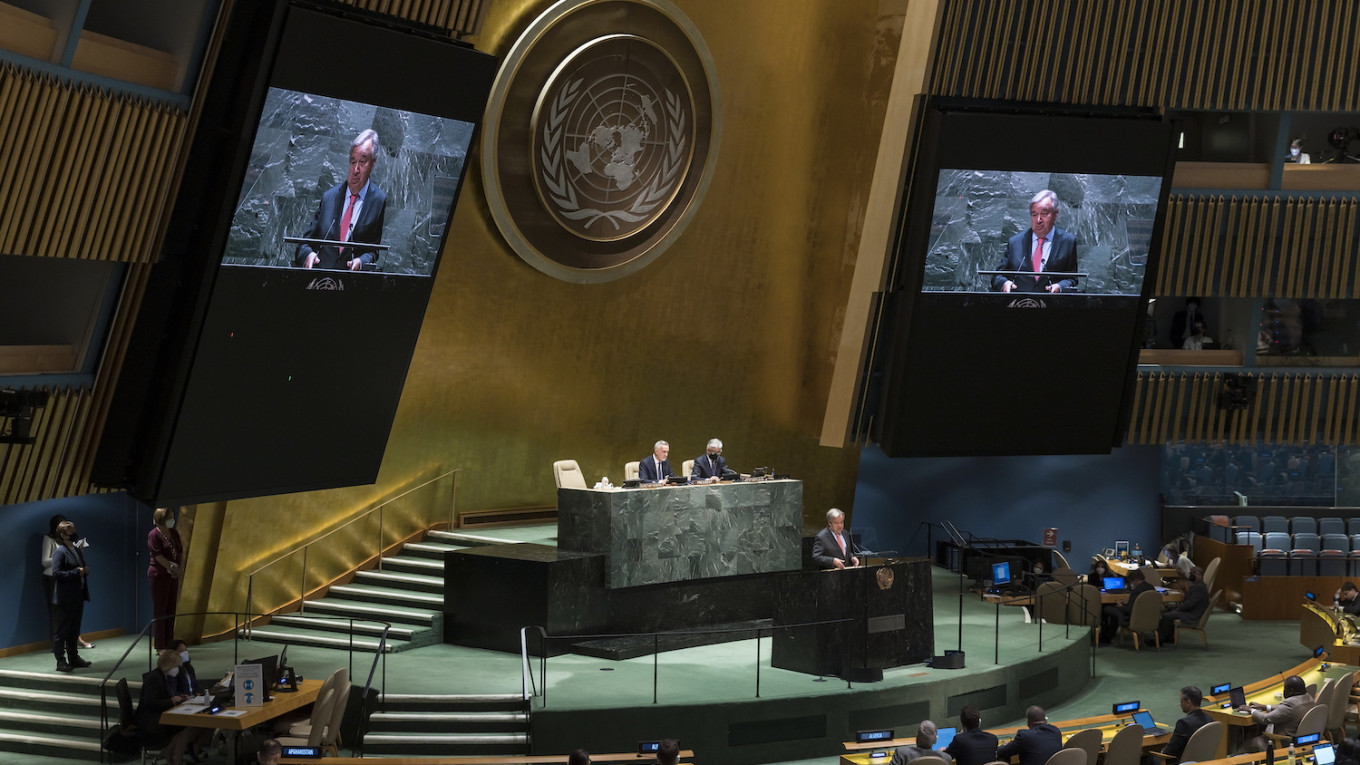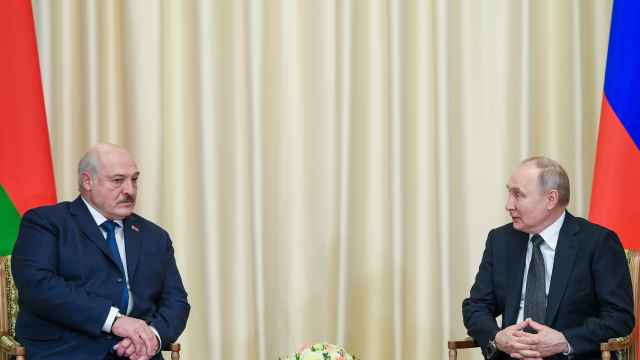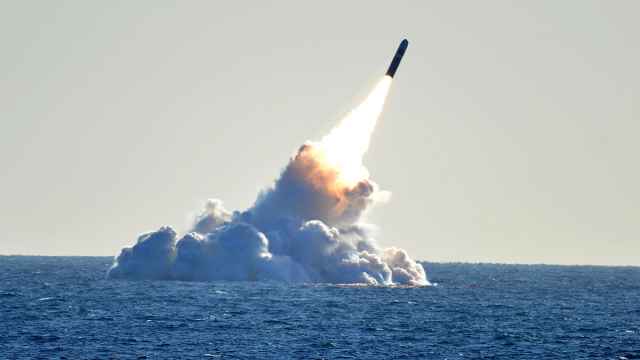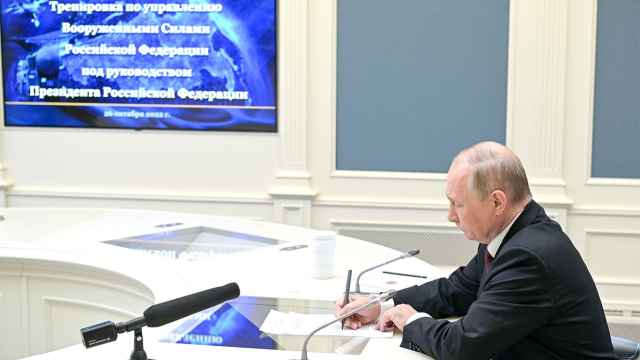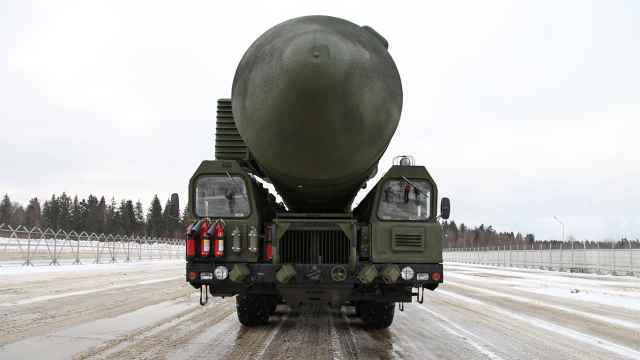Russia on Friday prevented the adoption of a joint declaration following a four-week UN conference on a nuclear disarmament treaty, with Moscow denouncing what it said were "political" aspects of the text.
The Nuclear Non-Proliferation Treaty (NPT), which 191 signatories review every five years, aims to prevent the spread of nuclear weapons, promote complete disarmament and promote cooperation in the peaceful use of nuclear energy.
The nations have been gathered at UN headquarters in New York since August 1 participating in a month of negotiations, including a final session that was postponed for several hours on Friday.
In the end, the conference's president, Gustavo Zlauvinen of Argentina, said it was "not in a position to achieve agreement" after Russia took issue with the text.
Russian representative Igor Vishnevetsky said the draft final text, which was more than 30 pages long, lacked "balance."
"Our delegation has one key objection on some paragraphs which are blatantly political in nature," he said, adding that Russia was not the only country to take issue with the text.
According to sources close to the negotiations, Russia was opposed in particular to paragraphs concerning the Ukrainian nuclear power plant in Zaporizhzhia, which is occupied by the Russian military.
The latest draft text had expressed "grave concern" over military activities around Ukrainian power plants, including Zaporizhzhia, as well as over Ukraine's loss of control of such sites and the negative impact on safety.
The signatories discussed a number of other hot-button topics during the conference, including Iran's nuclear program and North Korean nuclear tests.
At the last review conference in 2015, the parties were also unable to reach an agreement on substantive issues.
At the opening of this year's conference, UN Secretary-General Antonio Guterres warned that the world faced "a nuclear danger not seen since the height of the Cold War."
"Today, humanity is just one misunderstanding, one miscalculation away from nuclear annihilation," Guterres said.
A Message from The Moscow Times:
Dear readers,
We are facing unprecedented challenges. Russia's Prosecutor General's Office has designated The Moscow Times as an "undesirable" organization, criminalizing our work and putting our staff at risk of prosecution. This follows our earlier unjust labeling as a "foreign agent."
These actions are direct attempts to silence independent journalism in Russia. The authorities claim our work "discredits the decisions of the Russian leadership." We see things differently: we strive to provide accurate, unbiased reporting on Russia.
We, the journalists of The Moscow Times, refuse to be silenced. But to continue our work, we need your help.
Your support, no matter how small, makes a world of difference. If you can, please support us monthly starting from just $2. It's quick to set up, and every contribution makes a significant impact.
By supporting The Moscow Times, you're defending open, independent journalism in the face of repression. Thank you for standing with us.
Remind me later.


